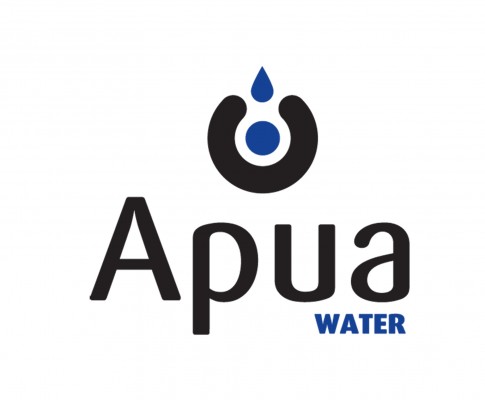PM Browne talks tough on cost of producing water, and says APUA should not be subsidizing commodity for use by hotels
Prime Minister Gaston Browne is of the opinion that hotels across Antigua and
Barbuda should not depend on the Government for the supply of water, but
should look to install their own Reverse Osmosis (RO) plants instead.
The regular supply of pipe-borne water has been an issue plaguing the
country for several years now, despite the construction of seven RO Plant – six
in Antigua and one in Barbuda. And with the promise of improved supply,
commercial water rates were increased recently, with plans in the pipeline for
a residential hike.
However, Browne says that hotel plants, in particular, are being encouraged to
install their own RO plants and not compete with regular consumers
considering the current “water stress.”
The prime minister says that all hotels should have their own facilities, as it is
his view that Government should not be subsidizing the cost of water to the
commercial sector.
He adds that the commodity should be properly priced and that the Antigua
Public Utilities Authority (APUA) should be making a profit in order to
subsidize water to individual consumers.
Meanwhile, Browne says that even at the level at which APUA currently
charges water – a rate of $22 per 1,000 gallons – it is extremely cheap.
According to the prime minister, there could be consideration for the current
rate to be left for a certain class of people, but up to a certain level of
consumption. Anything above and beyond the current rate must be adjusted
(upward) going forward, he says, and reminds the public that this proposal
was put forward before the last General Election.
Browne says that water rates must be adjusted, because it is almost cost
prohibitive to install RO plants and to operate them, as doing so is energy
intensive.
If the price of water is not increased, he warns, then APUA cannot sustain
production; and “then it’s back to square one” with long periods without pipe-
borne water.
Further, he says the maintenance of these plants is very expensive, with parts
required almost on a weekly basis. However, the Administration will
continue to “hold strain,” with the water rate being kept low until the supply
can be increased to meet the demand for the commodity.




